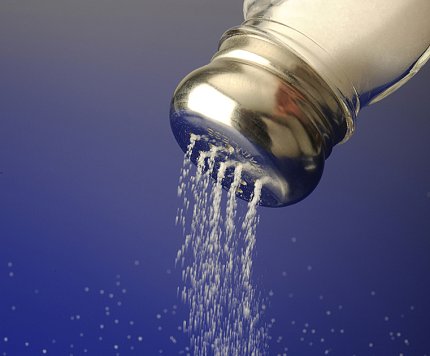Hold the Salt: Gut Reaction May Impair the Brains of Mice

Photo: pixhook/iStock
We are often warned of the dangers of high levels of salt in our diet, yet the risks of salt consumption and the effects of salt on the body, including the brain, are not entirely clear. In a new mouse study, scientists link changes in the gut caused by a high-salt diet to impaired blood flow in the brain. This reduced blood flow can eventually lead to impaired cognition that could be reversed by changing back to a normal diet. The study, published in Nature Neuroscience, also provides molecular clues for treating these problems.
“For years researchers have wondered how a high-salt diet harms the brain,” said Dr. Jim Koenig, program director at NINDS, which supported the study. “This mouse study provides a detailed cellular and molecular diagram for how the problems start in the gut and opens unexpected paths towards new treatments.”
In this study, mice were fed a high-salt diet (HSD) containing 16 times the amount of sodium chloride typically found in their food. After 8 weeks, their brains showed a 20 to 30 percent reduction in blood flow compared to mice that ate normal food. This drop in blood flow was accompanied by the appearance of dementia-like symptoms, including defects in the ability of HSD mice to recognize objects, navigate a maze and properly build a nest. When the mice were returned to a normal diet, both blood flow and cognition improved, suggesting that the negative effects of excessive salt consumption could be reversible.
“The brain is extremely dependent on getting the right amount of blood at the right time. If blood flow isn’t matched to what the brain needs, things go wrong,” said Dr. Costantino Iadecola, director and chair of the Feil Family Brain and Mind Research Institute at Weill Cornell Medicine in New York City and senior author of the study.
In humans, high levels of salt in the diet has long been associated with high blood pressure, and increasing evidence has linked blood pressure and brain health. However, the blood pressure of HSD mice was not affected, suggesting a very specific and independent mechanism for the changes
seen here.
“This study adds to our growing understanding of how the gut can modulate brain function,” said Koenig. “From a public health perspective, the fact that these effects can be reversed by halting the ingestion of salt is very important and could help us improve health in areas where many people eat a high-salt diet.”
